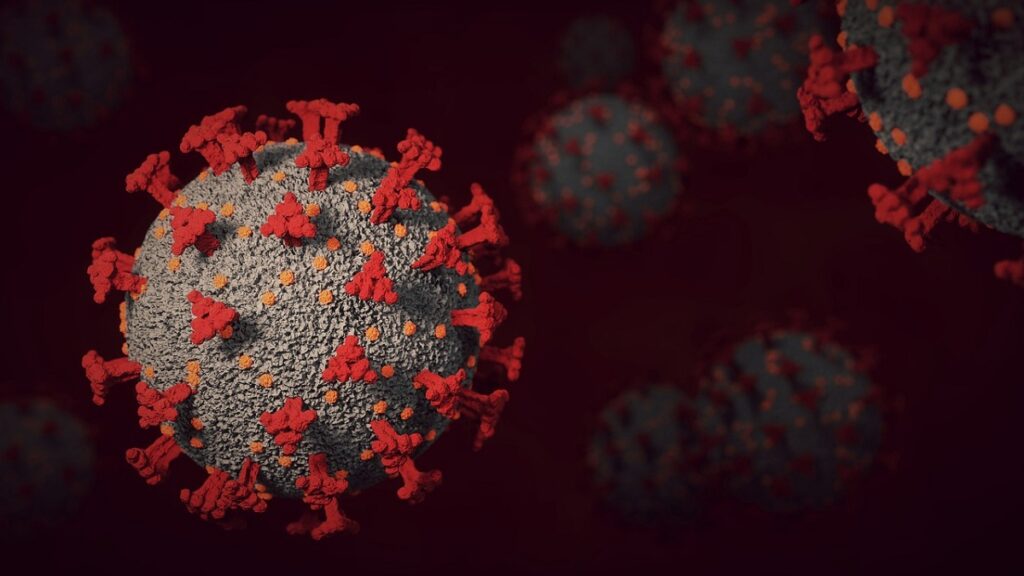The greatest cause of mortality in the United States is heart disease, and the risk of cardiac problems has apparently increased with COVID-19.
A recent study of 150,000 veterans who survived COVID-19, published in Nature, found that contracting COVID-19 significantly raises the risk of 20 different types of cardiac disease.
According to the study, even a mild case of COVID-19 can raise a person’s risk of cardiovascular issues for at least a year following diagnosis. Researchers observed that rates of several illnesses, including heart failure and stroke, were much higher in persons who recovered from COVID-19 than people who were otherwise similar but had not been infected with the disease.
Even individuals under the age of 65 who did not have risk factors like obesity or diabetes were at increased risk, the researchers said.
Persons who had recovered from COVID-19 were 52 percent more likely to have had a stroke than the current control group, which means that for every 1,000 people studied, there were about four more people in the COVID-19 group than in the control group who had a stroke, the study found. It also found that the risk of heart failure increased by 72 percent, or around 12 more persons per 1,000 analyzed in the COVID-19 group. Hospitalization raised the chance of future cardiovascular issues, but even those who avoided hospitalization were found by the study to be at greater risk for a variety of illnesses.
Yet another reason to get vaccinated
“I am truly astonished by these findings that COVID cardiovascular issues may linger for so long,” Hossein Ardehali, a cardiologist at Northwestern University in Chicago, Illinois, said in an e-mail to Nature. “It is critical that people who are not vaccinated obtain their immunization soon,” since severe sickness, which is much more common among the unvaccinated, was shown to raise the likelihood of more severe cardiovascular problems later.
Ardehali also said the study’s observational methodology has limits. People in the current control group, for example, were not tested for COVID-19, so it’s likely that some of them had minor infections, he noted. Furthermore, he said, because the authors only looked at VA patients – a primarily white and male community — their findings may not apply to all demographics.
Biotech is addressing heart disease
According to the Biotechnology Innovation Organization, biotech is addressing heart disease with a variety of solutions, including blood thinners, beta-blockers, and other drugs we take for granted, as well as new innovations, such as using gene editing to prepare a pig heart for human transplant or targeting atrial fibrillation with trans-genes delivered through a revolutionary electroporation process.
Other gene editing-based treatments are in the works, including a novel stem cell therapy to treat chronic myocardial ischemia and infusing stem cells into the heart to combat inflammation and chronic heart failure.




